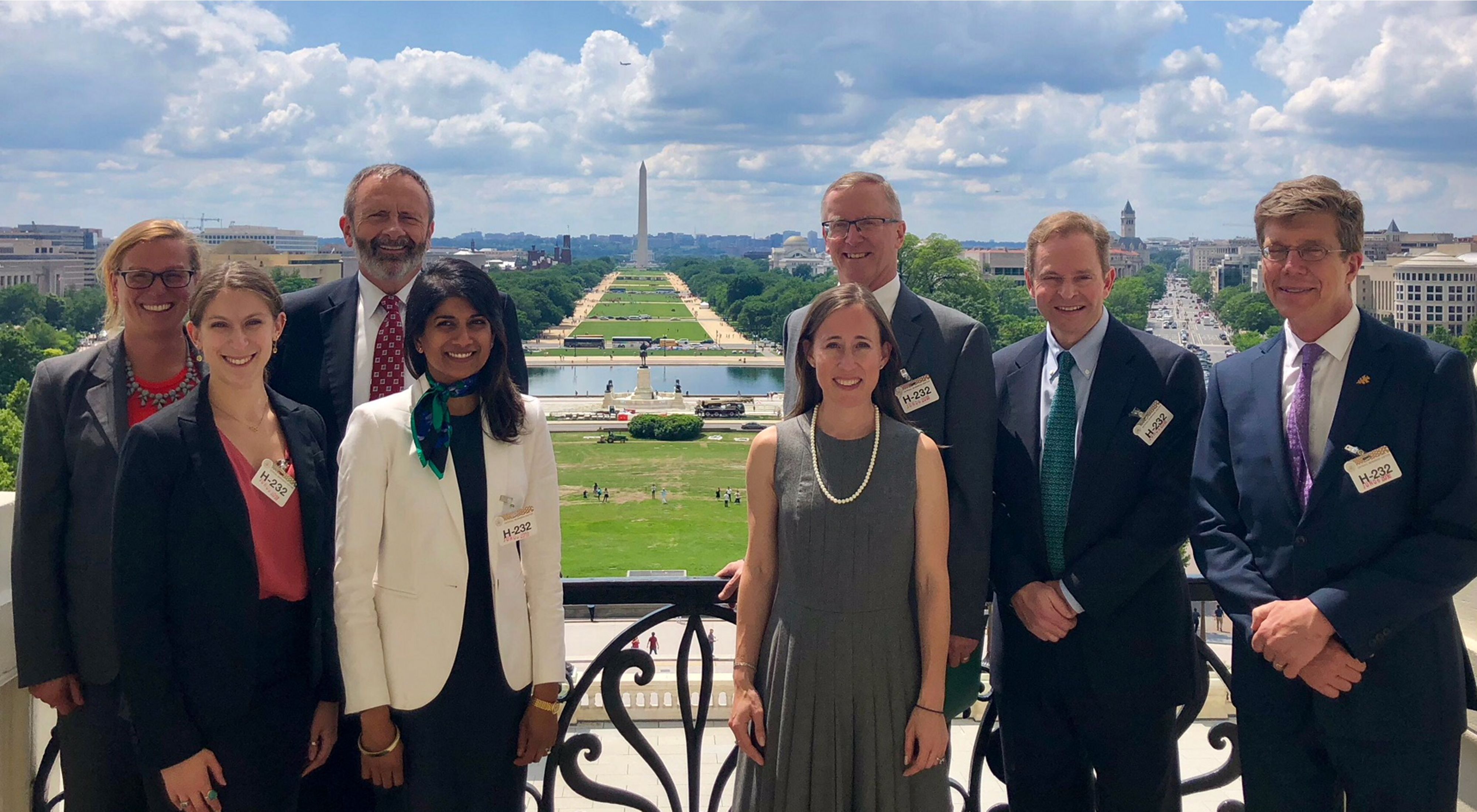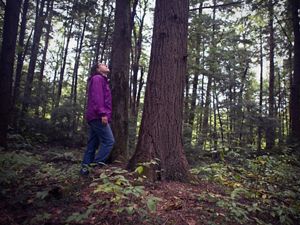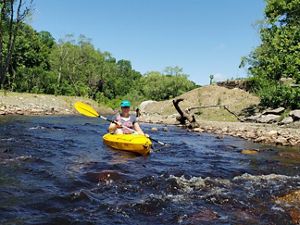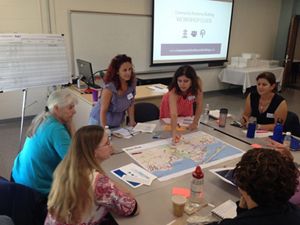Voices for Nature and Climate
A chat with The Nature Conservancy in Massachusetts Policy Team
Steve Long and Emily Myron—government relations director and specialist in Massachusetts—can often be found speed-walking the 15-minute route between The Nature Conservancy’s office in Boston and the Massachusetts State House on Beacon Hill. The duo is hard at work forging alliances and advocating for bipartisan, collaborative and pragmatic policy solutions to conservation challenges.

What is TNC’s approach to conservation and climate policy?
Steve: We engage at both the state and federal levels on legislation, regulations, administrative programs, and funding sources. We want to use these tools to change the relationship between people and nature. Policy is a huge lever in driving change—it can create incentives and build the foundation for smart solutions to complex environmental issues.
Emily: We need strong policy frameworks in place to support everything TNC does, from protecting wildlife habitat to removing obsolete dams. And it’s a feedback loop—we also make sure that successful work on the ground informs and shapes effective policy.
How can we use policy to change the relationship between people and nature?
Steve: In Massachusetts, we ensure nature is part of the menu of solutions when state agencies fund municipal activities and programs related to climate change. Our science shows that in many cases, nature can enhance safety, avoid community costs and foster social equity when used to tackle issues like flooding, heat-island effects, water quality, erosion and more.
Emily: Our job is to educate policymakers about the benefits of those nature-based solutions and secure their support. Last year, TNC helped codify a definition of nature-based solutions into the language of a $2.4 billion capital spending bill focused on climate change and the environment. That was a big step in getting mainstream recognition of nature’s potential.
What is your role in advocating for these policy frameworks and funding opportunities?
Steve: We lead coalitions, collaborate with the administration, lobby for legislation and serve as subject matter experts for agency and elected officials.
Emily: For example, this year TNC led the creation of legislation in Massachusetts that would establish a goal and develop a plan to use nature to remove carbon pollution from the air. We drafted the bill, convened other environmental groups to form a base of support, and got it into the hands of legislators.
Steve: It’s critical that we build relationships with policymakers so they can be champions for nature. When it comes to mainstreaming nature into people’s lives, we need as many influencers as we can get.
Emily: That’s important at the federal level too. TNC staff and supporters are valuable resources, providing a local context for federal policies. Our constituent voices matter the most in speaking up about the impacts of these decisions on our communities, lands, waters and everyday lives.



